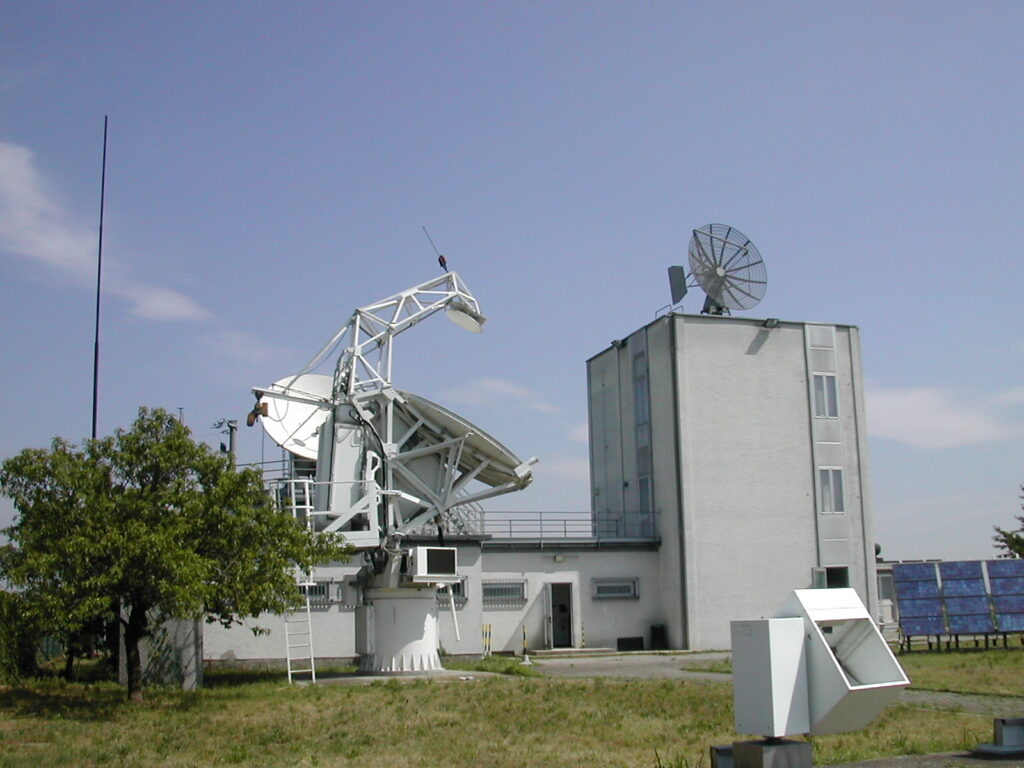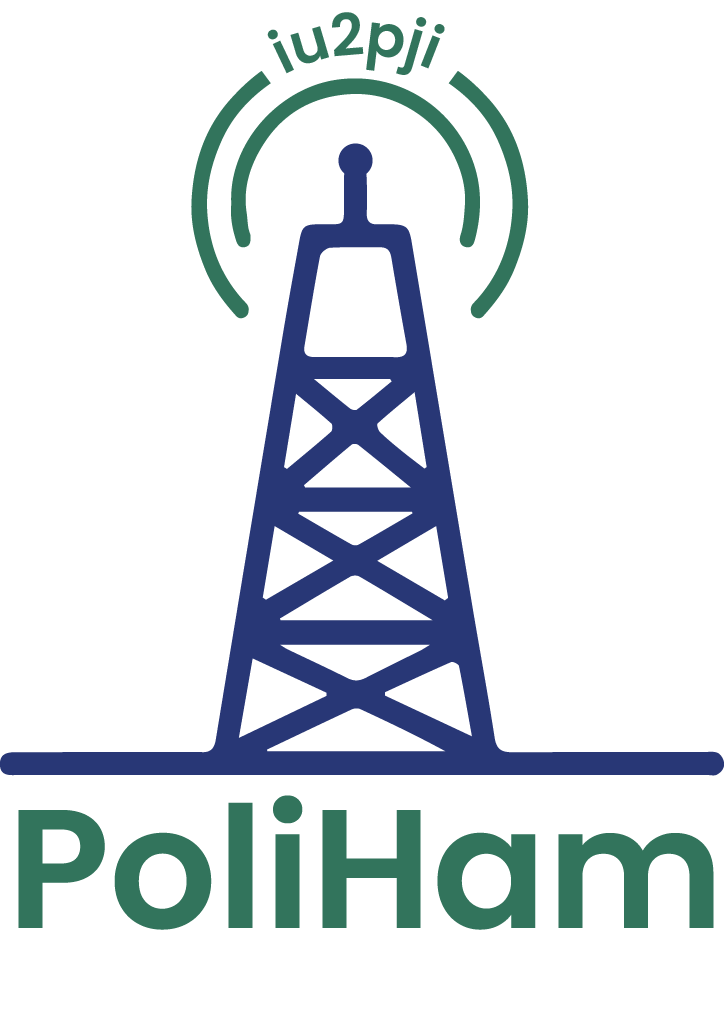THE PROJECT

In the recent past there has been much discussion about the need to enhance the so-called "STEM" education (Scientific, Technical, Engineering and Mathematics) in order to increase the competitiveness of the national production system. There was also discussion on how to modernize teaching to encourage students to develop transversal, soft and social skills.
In the field of engineering, in particular, many courses are traditionally focused on theoretical aspects and often use only simulation tools to deepen the concepts learned in class. Little or nothing is said about the issues related to the multidisciplinary nature of the real world and there is no possibility of acquiring skills related to "hands-on" experience.
In this respect, amateur radio represents a formidable tool available to teachers and students who wish to integrate theoretical knowledge with the skills necessary for the creation of circuits and the integration of real systems. It is therefore not surprising that prestigious technical universities have always believed in the didactic role of amateur radio and have made amateur radio stations available to students and teachers. We mention - without being exhaustive - MIT, Harvard, Yale, Stanford, Caltech, ETH, Cambridge, Stuttgart, Uni Tokio and Twente.
Professional associations have also recognized the role of amateur radio in the training of qualified engineers; for example, in 2015 the President of the IEEE Communications Society “gathered” the radio amateurs of the Society to start a series of activities, including the creation of a “special interest group”; the educational role of amateur radio was also reiterated in an article that appeared in the IEEE Microwave Magazine in 2016.
